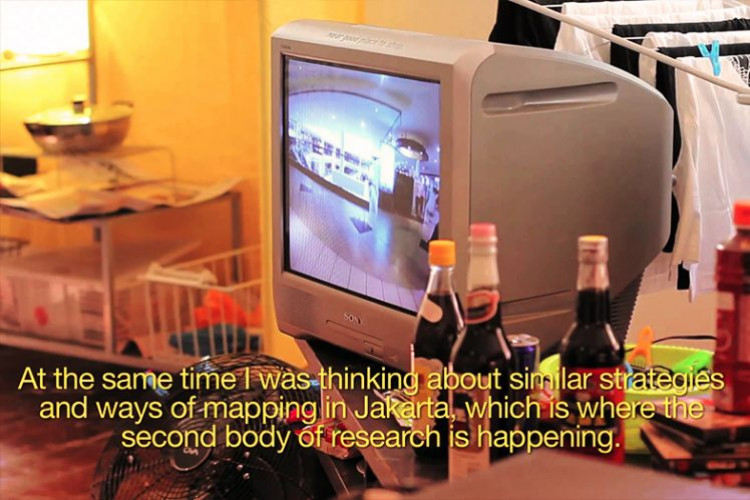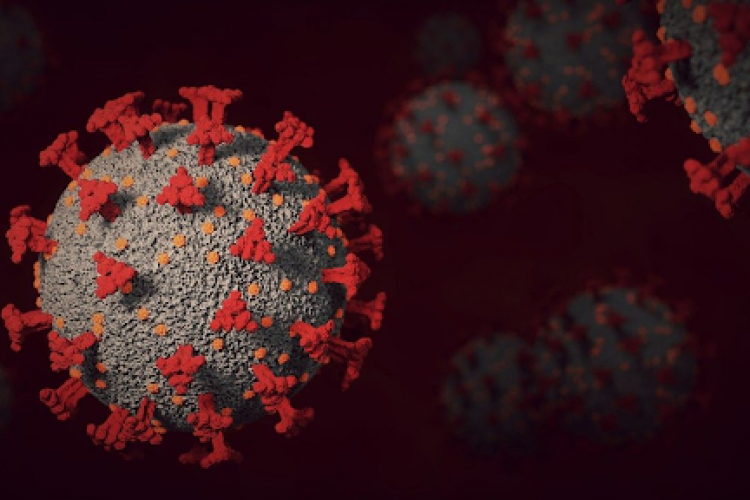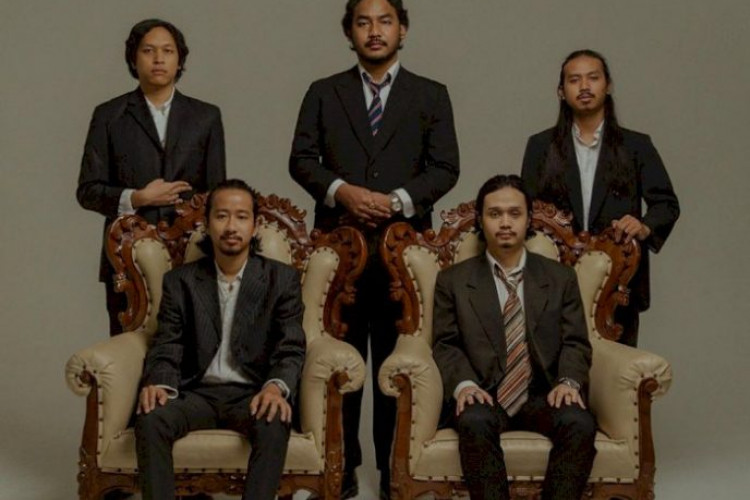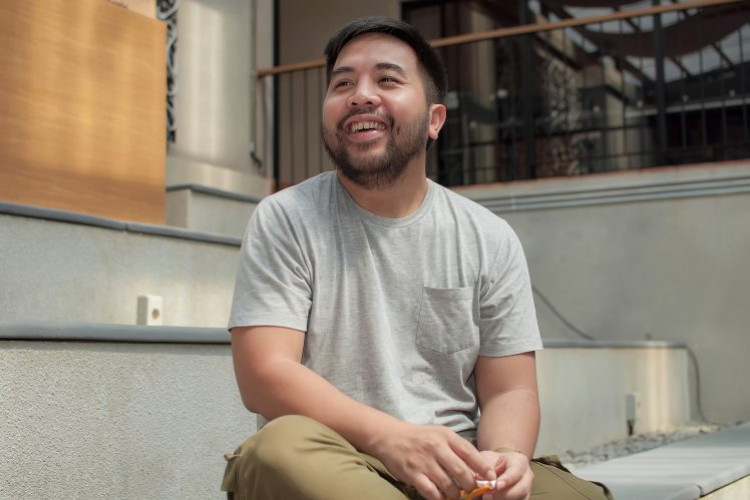Never Forget with Suciwati
Muhammad Hilmi (H) talks to Human Rights Activist Suciwati (S).
by Ken Jenie
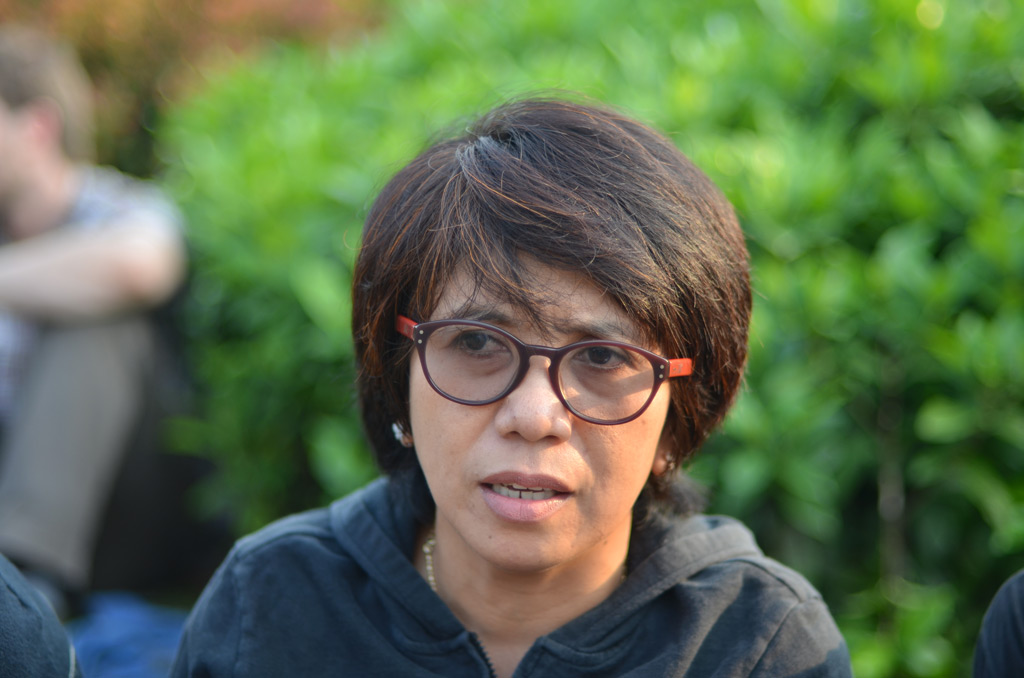
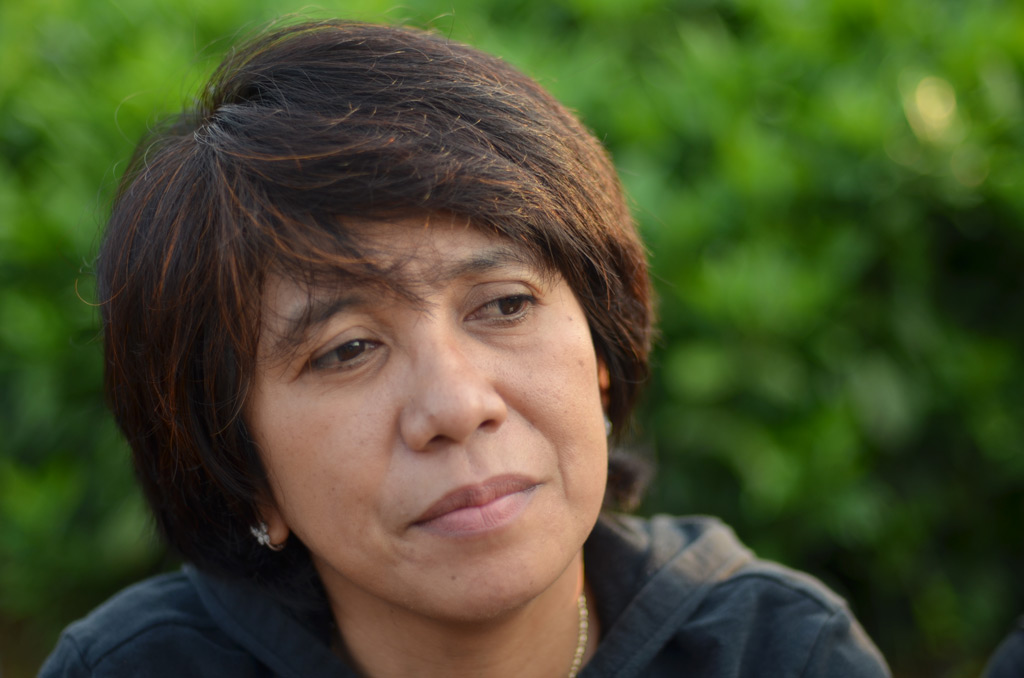
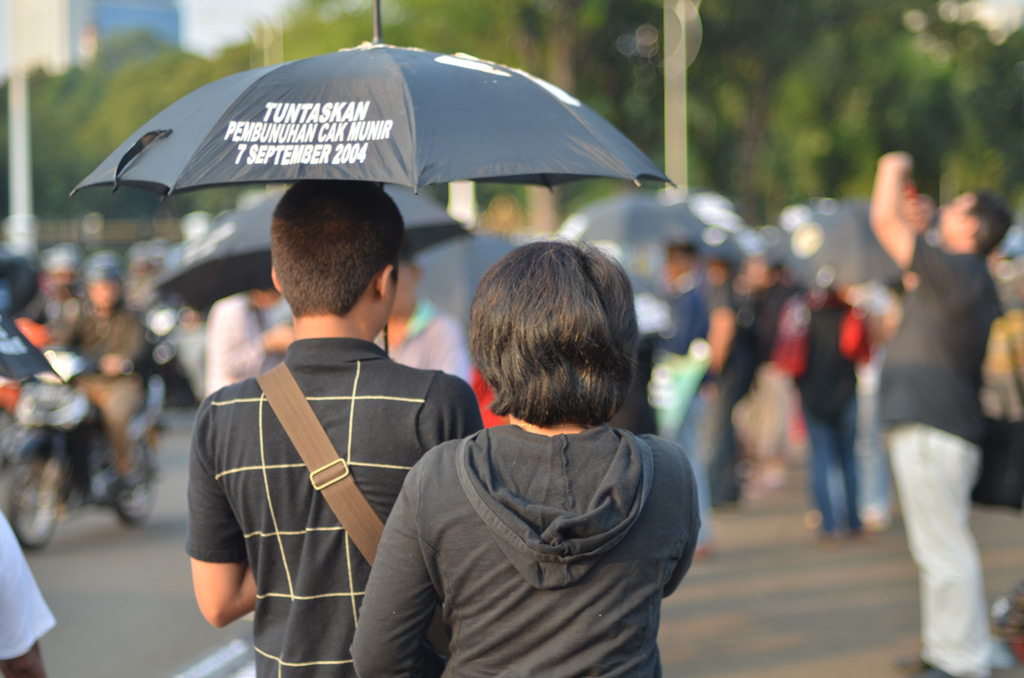
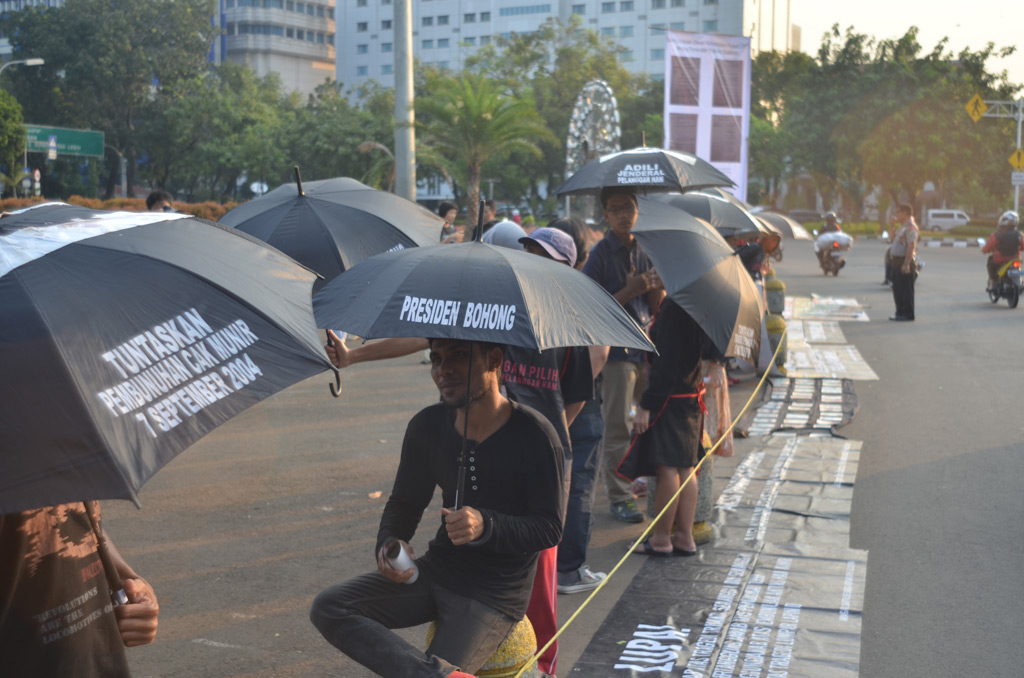
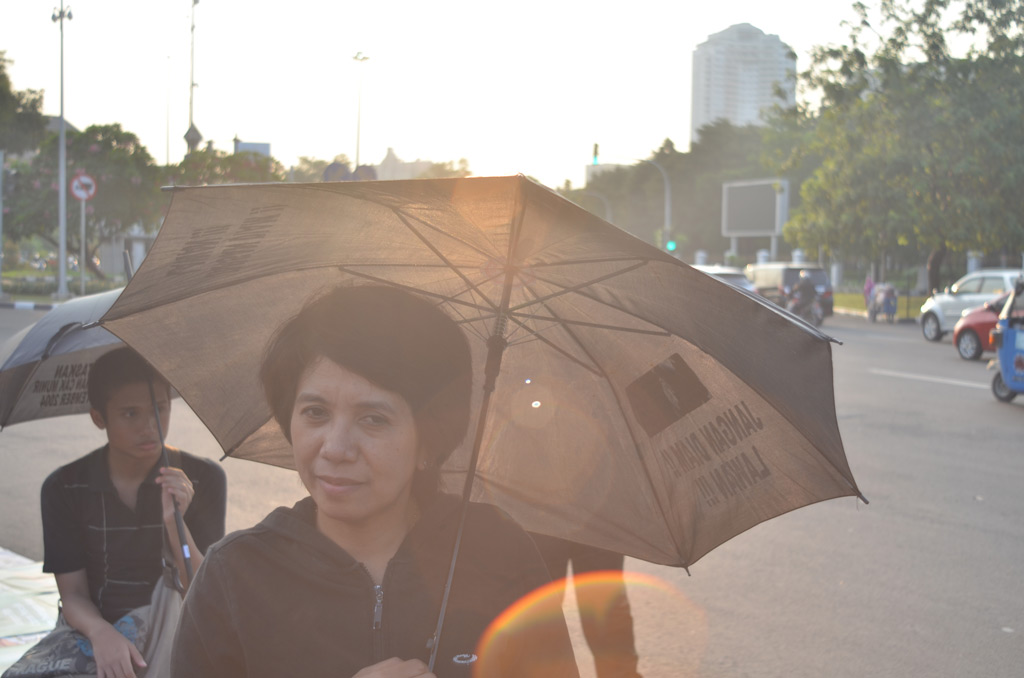
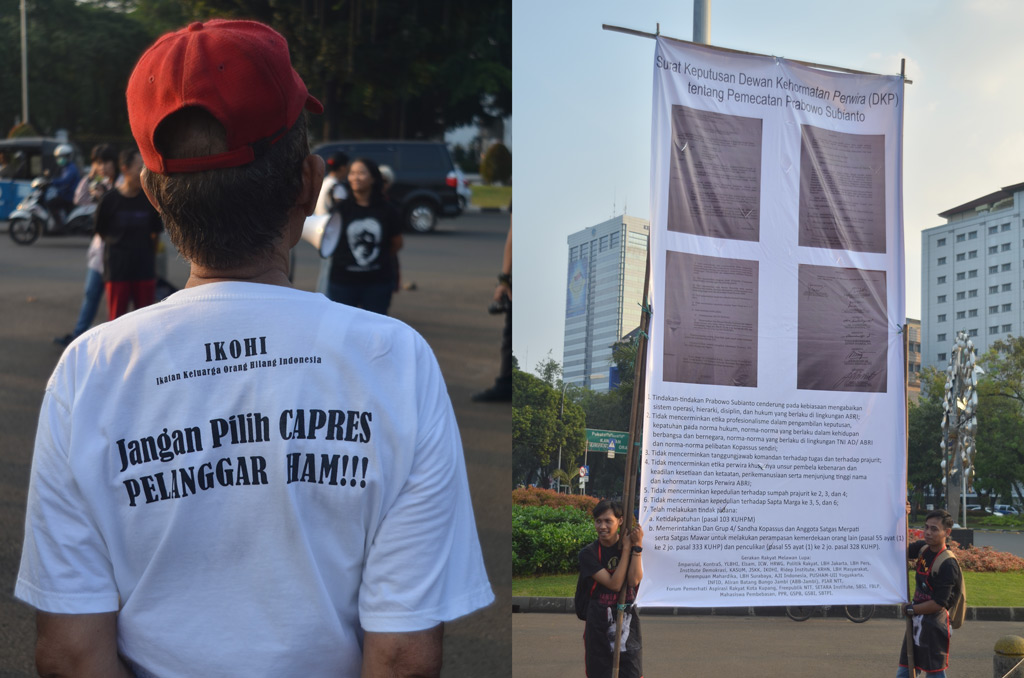
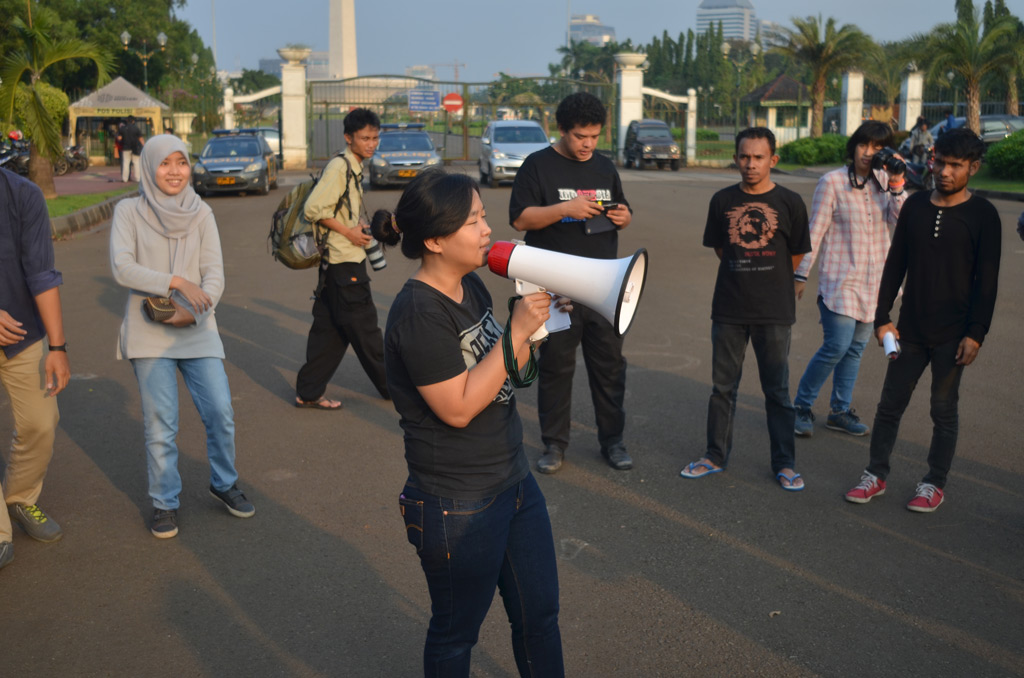

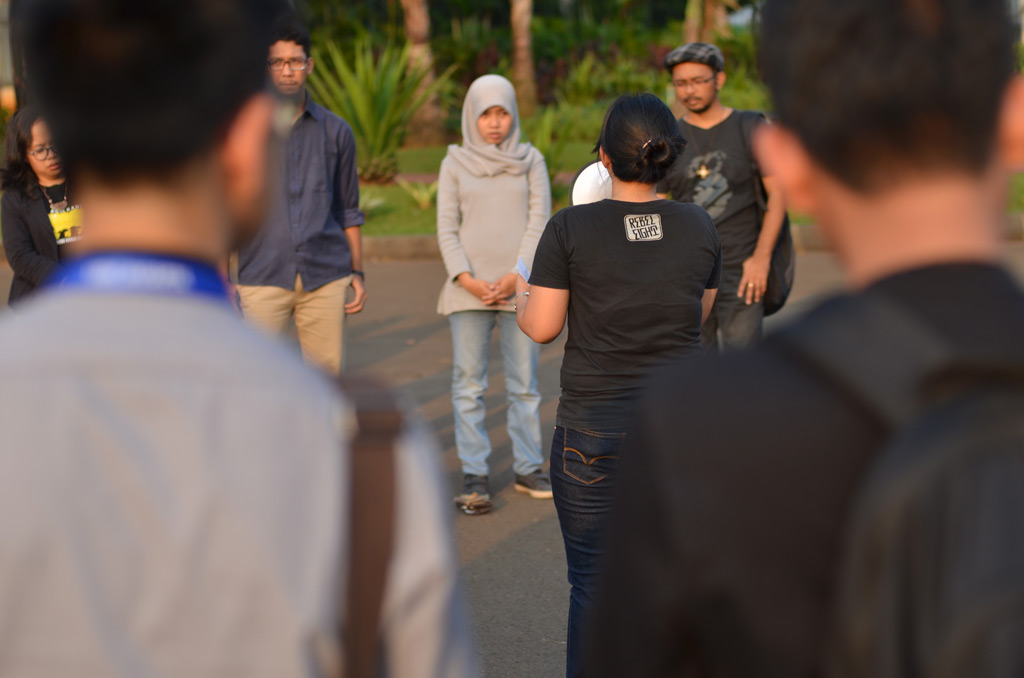
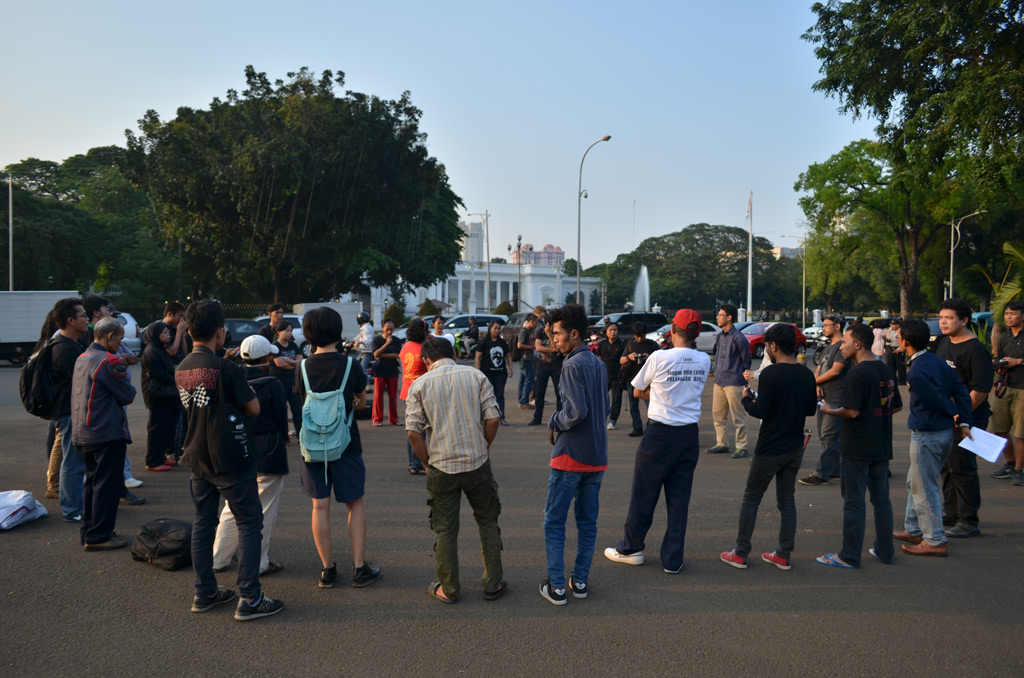
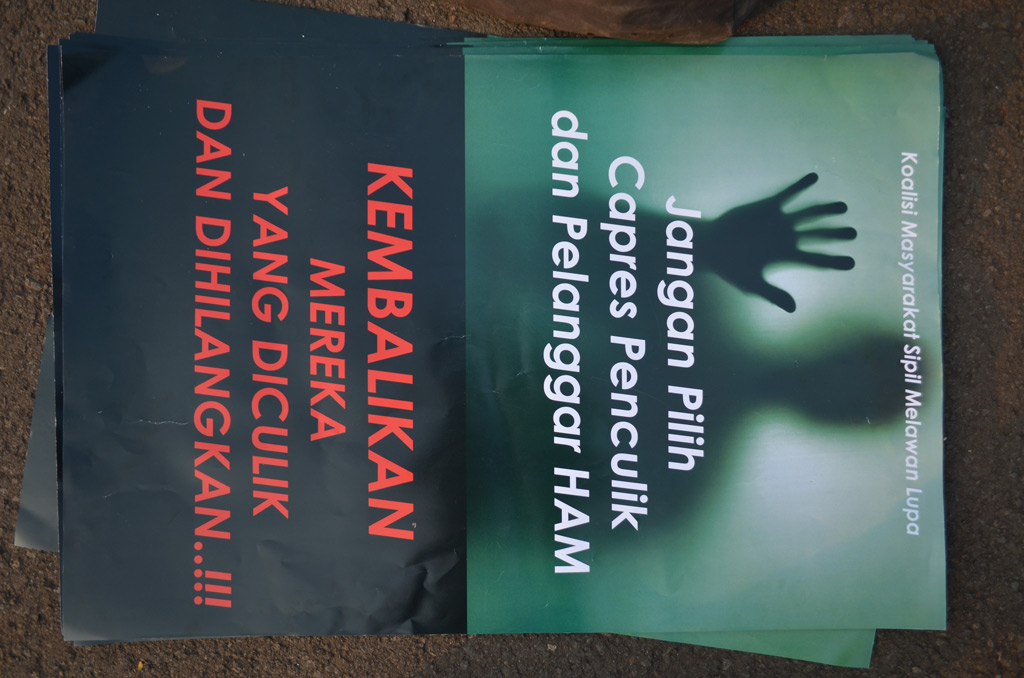
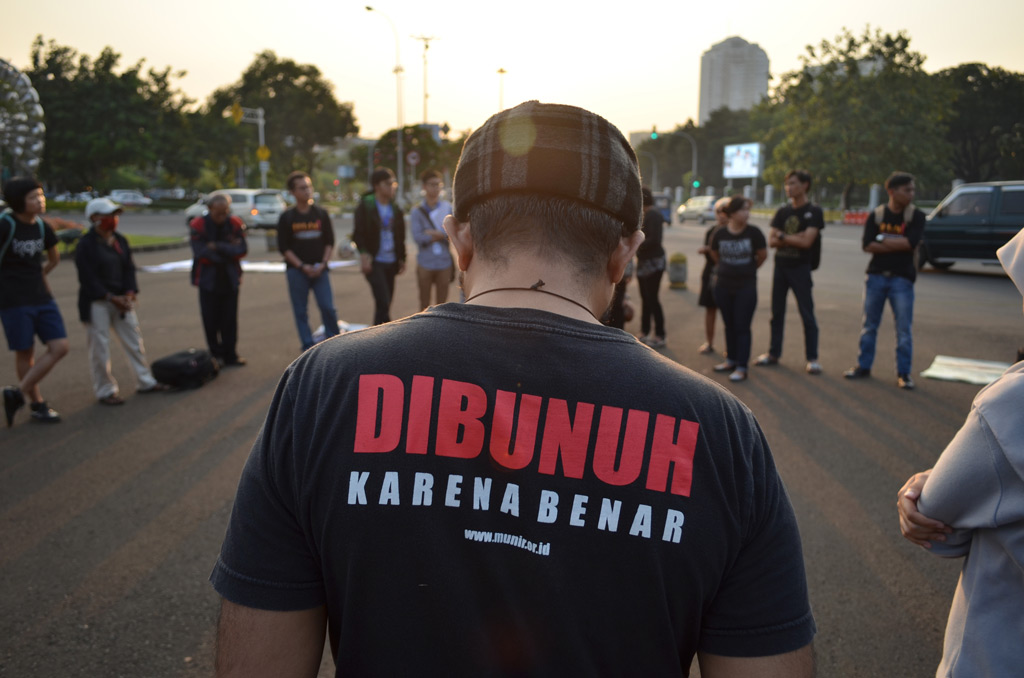
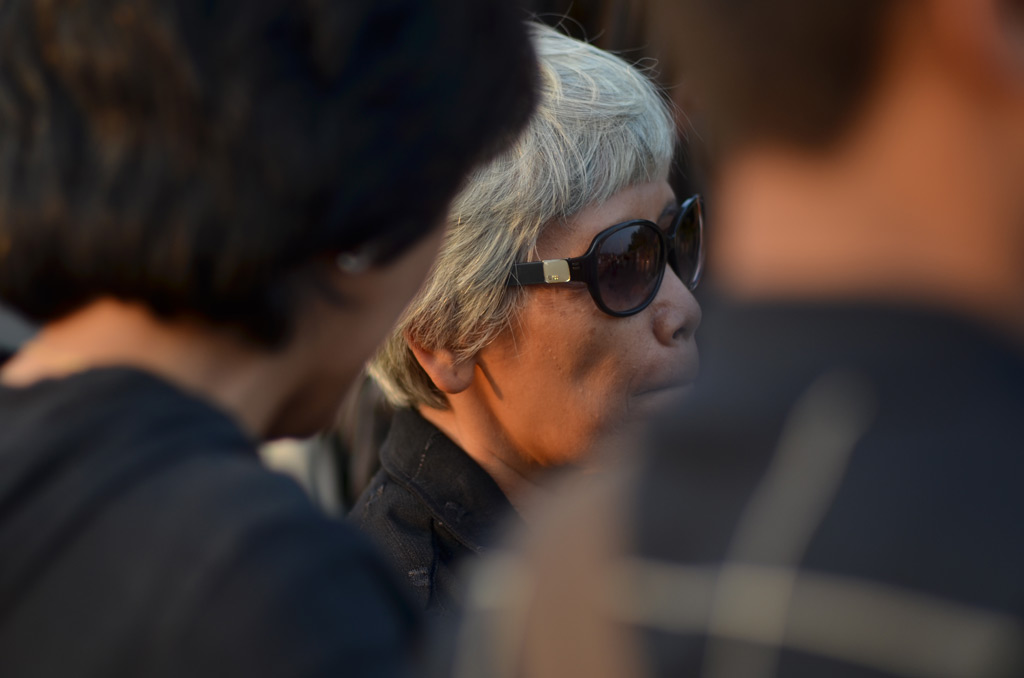
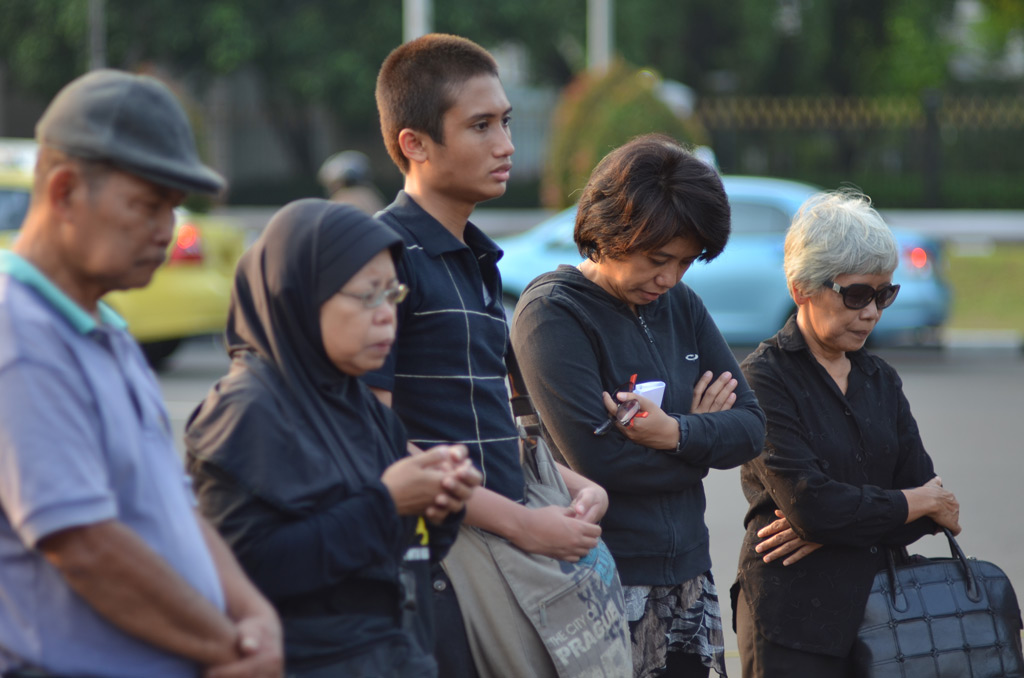
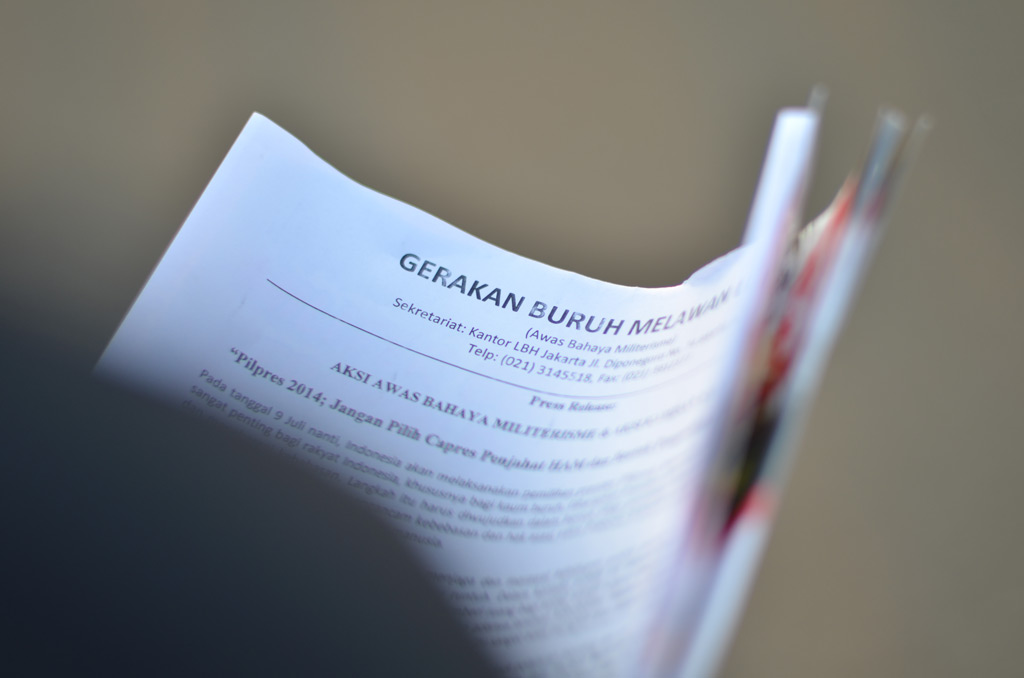

H
Omah Munir was built in Batu City as Indonesian human rights museum, what underlies the establishment of Omah Munir?
S
Initially we wanted to build a museum that displayed the cases of human rights violations in Indonesia, with items of the late Munir trip for advocacy dating to when he began in LBH Malang, Surabaya, to Jakarta. The museum contains information about him starting as a worker-advocate, up to his handling of human rights violations.
H
How’s the process of making this Museum? I heard that the government also has the idea of making a monument out of Munir?
S
The research for this museum took quite a long time, but creating it only took two months. Omah Munir is a purely independent museum. The museum building is my own house, and is purely dedicated to commemorate the struggle of Munir, as well as spread the history of unresolved human rights cases in Indonesia. It’s true that the mayor of Batu promised to build a monument of Munir, but to think Munir as a monument, a statue, that will not tell the story that need to be learned by our society
The main reason behind making this museum of human right is the fact that many of our youth are not aware of this issue. When asked about what happened in 1998, most have no idea at all, and it is the same when asked about labor rights violation etc. It seems like they are too lazy to read about such issues – issues that are actually crucial to them. They tend to want immediate answers rather than finding them on their own, they prefer to skip the process of finding the facts with their own eyes. They use the internet for social media, and that is it. Even though Googling Human Right violation in Indonesia will show the violations happened on the ground where they are standing, their attitude will always be “What’s so important about labour rights?”.
Goenawan Muhammad told me of his experience on a Garuda Airways flight. He was sitting behind two college students who had a conversation that went “Hey, isn’t this the plane where someone got killed?” and “Oh yeah, I remember that, wasn’t it Pollycarpus the man that was killed during a Garuda flight?”. That is both shocking and sad to hear. It feels as if Indonesia is a society that easily forgets their history – it becomes sorrowful to know they were college students.
H
Regarding how easily history is forgotten by our society, what do you think about the statement that Human Right issue is only a seasonal issue? An Issue that is only brought up in the election to tackle certain candidates.
S
It is a shame for the person who stated that. That is a justification for the mistakes they did in the past, a denial of the facts, denial of the victims. It is an attempt to avoid legal process. History is something that cannot be wiped out. They try to wash their hands, but such issues will always cling to life. If only human rights violation were resolved correctly, everything would be more palatable.
Some of ‘them’ have approached me, and I immediately said it is better to contact Komnas HAM than me. It is a strange thing, when they first saw human rights as a seasonal issue, but then come to us as human right violators aiming to wash away their sins.
If they really consider human rights as an intermittent affair, why would they then approach the human rights violation victim’s families? That is really contradictory. We are not going to listen to comments like that – we will always stand up against anyone who has committed human rights violation, no matter what.
H
How do you see the 2014 election?
S
The 2014 election is a product of the confusion that is continuously reproduced by our nation. How is it that we create so many rules, but they arent enforced by law enforcements, not to mention the issues that should have been resolved but aren’t immediately addressed. The law is also mixed up. The commission actually have rules where a presidential candidate should have a clean track record, if there is an imperfection they should not be running.
As common people, when we want to become a civil servant, we have to show our certificate of good conduct. For a person who wants to lead Indonesia, having a past with cases that are not resolved and is allowed to run – that is so not fair. It also shows the impunity happening in Indonesian law. Indonesian law is harsh on the common people, and light on the elite. Laws are made and reneged.
This election is actually flawed because there is a presidential candidate who can advance with with human rights violations. We are having a discussion to make a claim to the Election Committee about this. How can people who still have legal problems be a candidate? This issue must be straightened out. We were also concerned in 2009 when he ran for the presidency. We came to all of the parties to reject perpetrators of human rights violations. It is sad that they consider us bringing up the subject as a 5-yearly issue. The fact that our leaders neglect the defect of appointing a presidential candidate who has violated human rights laws shows us that there is a political transaction behind it. We saw how in 1998 Amien Rais wanted to bring Prabowo to justice, and now all of a sudden, he supports Prabowo’s bid for presidency. This shows how Indonesia is in crisis for leadership – how our leaders are two-faced – nothing is consistent. It’s depressing sometimes.
H
About regular Kamisan event, with us being here at the 358th event. What is the message that wants to delivered here?
S
We hold Kamisan in front of the presidential palace because in Indonesia, the president has the highest authority. In a legal context, the president oversees all elements of law enforcement, from the police, military and judiciary. When the Indonesia’s Human Rights Committee (Komisi Nasional Hak Asasi Manusia) present fats to the court, we are always given excuses about lacking evidence – so the cases never get touched. We feel this represents the government’s reluctance to handle human rights cases.
Indonesia was ruled for 32 years by the full power of corruption, and until now, cronies that were part of that era are still spread around the government, in the bureaucracy – especially in law enforcement. This is why law enforcement is not really working in this country. The culprits are still in power.
We hope by sitting in front of the palace, the president could immediately see and instantly be aware of the facts we carry. But the fact is, the president is reluctant to enter through the front door of the palace because we are here. In fact, the president changed his entrance route to avoid seeing our actions. It is a shame that there are such indignities, but rather than resolve them, he decides to let it be. It shows how President Susilo Bambang Yudhoyono is misguided. He promised to resolve the issue of human rights, we were even invited to the palace to talk about it, but it was only used as a political tool for the 2009 election. We, as victims of human rights violations, were only used as a political commodity. It shows how the country is not willing to learn. Perspectives on how the country is morally valued in the international world never occurred. Why not follow the example of how the Japanese resolved the case Jugu Ianfu, where they immediately apologized, and rehabilitate victims economically as well as politically. It was concrete. A stark contrast to what has been done by our own country.
We spent 8 years in front of the palace hoping for justice, but it hasn’t happened – just empty promises. So we came to the point where we can say our president failed to do his job.
H
It has been ten years since the day Munir passed away [September 7, 2004], what of him do you miss the most?
S
What is sorely missed a figure that is bold, consistent, and simple. Not only did I lose a husband, but also also a figure that inspired the nation. In an era of strong militarism, Munir showed that civilians had a voice, that the people cannot be silenced because they have the right to speak. He was brave because he had the facts. He stood against some of the generals who abused power – shooting, kidnapping civilians. We haven’t found another figure like Munir since his passing.
Moreover, as a husband, he was an extraordinary person.
H
I’ve read that Munir was a romantic figure.
S
He was remarkable. He was very attentive, and to consider that he was able to provide for his family while busily working, that is exceptional. He almost never spent any money for himself, he always gave his entire income to me. I took a role in the domestic sector, and he was in the public sector. He was very attentive to me. For example, when there is something new in the house, he would always notice – even if it was an ordinary thing, he would notice – what ever changes happen to me and the kids. He had a strong photographic memory.
And he always said “I love you” to me every morning.
H
How do you feel about Munir’s image turned into an icon, and even into merchandise?
S
To me, that is how the figure of Munir is belongs to the people. There some who insist making him a national hero. We do not need to pursue getting the hero title – the people can see for themselves, the people see him as one. People everywhere are proud to wear Munir attributes, it is similar to people wearing the image of Che Guevara. I see people wearing Munir attributes around the world, it shows how he is appreciated by the citizens of the world, and it makes me proud.
H
Ever talked to Polycarpus? [Polycarpus Budihari Priyanto – the Garuda Airlines pilot convicted for murdering Munir by poisoning him with arsenic]
S
He has called me several times asking to meet, but I always say “what is the purpose of meeting me, do you have new facts that you can share?” if there is nothing then meeting is meaningless. I do not want to meet, it is not important to me, it is a waste of time. I still see Polycarpus concealing the real crime – hiding the person who ordered to kill Munir. He always said that he was innocent, that he was not involved, while the fact is – he was the one who called, moved Munir’s seat, and constantly approached Munir until his death. Even Munir said that when he received a phone call from Polycarpus, he felt that Polycarpus was a suspicious person.
I have no personal grudge against Polycarpus. I feel sorry for people like him – those who degrade themselves to do evil, those who lost the battle with their inner darkness. The reason why we are doing this [Kamisan], is to fight for human rights, not grudges. It is petty if this movement is motivated by revenge. If I was to do something based on revenge, I would actually sell my house to get money, then use the money to kill the murderer. Revenge will always be destructive, and what can be gained from revenge? We would just repeat the same mistakes. Not only will it lead to more hatred, but it would also make me an equal to my husband’s killer – I would be the same person as my husband’s murderer.
H
Any comments about the artworks based on the figure of the deceased Munir?
S
I see it is as an expression of pride in the figure of Munir from the artist, and I think it’s cool. These works also help us get to places that have been difficult reach with a human rights campaign. With a song or a painting, the artist provides the public with an explanation about human rights. Human rights isn’t only the business of activists, it is everyone’s business. Human rights is like the air – it is everywhere, but only felt when it is taken away from us.
H
What can be done by young people to know and understand about the issue of human rights in Indonesia, to prevent the same thing happening in the future?
S
What we are doing in Kamisan is one way. We have been doing this for 8 years, some even fought for them since 1998, so it has been 16 years for them. We have done this for the sake of upholding truth and justice. We also perform this action because we want human rights violations that have occurred in the past to never happen again in the future. Let us bear this excruciating pain, not others.
With such a great flow of information, there is the possibility of the facts being manipulated by irresponsible parties. If the reader isn’t careful, news that have been tampered with will be consumed – like an interview that included Fadli Zon and Munir from the 2000s that was twisted to make it as if Prabowo was not guilty. That is a manipulation of facts, and those who do not research further can be easily fooled by it.
The easiest thing that can be done by the youth is to find out more about the facts, and those facts should be obtained from a reliable place. Sources such as National Human Rights Commission (KOMNAS HAM) as well as KONTRAS (The Commission for “the Disappeared” and Victims of Violence) are quite accurate and provide facts that can be trusted. The second is to participate in voicing their concerns to settle the cases of the families of human rights violation victims. Also, make human rights issues part of their lifestyle. Today’s youth are more creative, and have tons of media they can pour important issues into. By being critical in their respective areas – it would be meaningful.
Another important thing is to be smart in choosing a leader. See the track records. See which ones are destructive, because these things can actually be seen through their words.
—
visit these sites for more information:
Omah Munir
Komnas HAM (National Commission for Human Rights)
KontraS (The Commission for the Disappeared and Victims of Violence)








